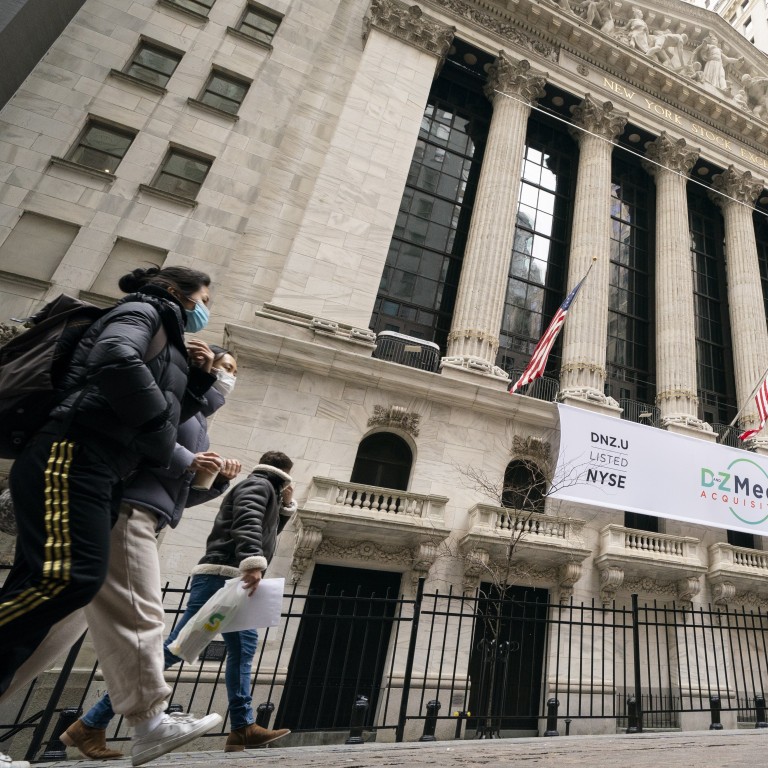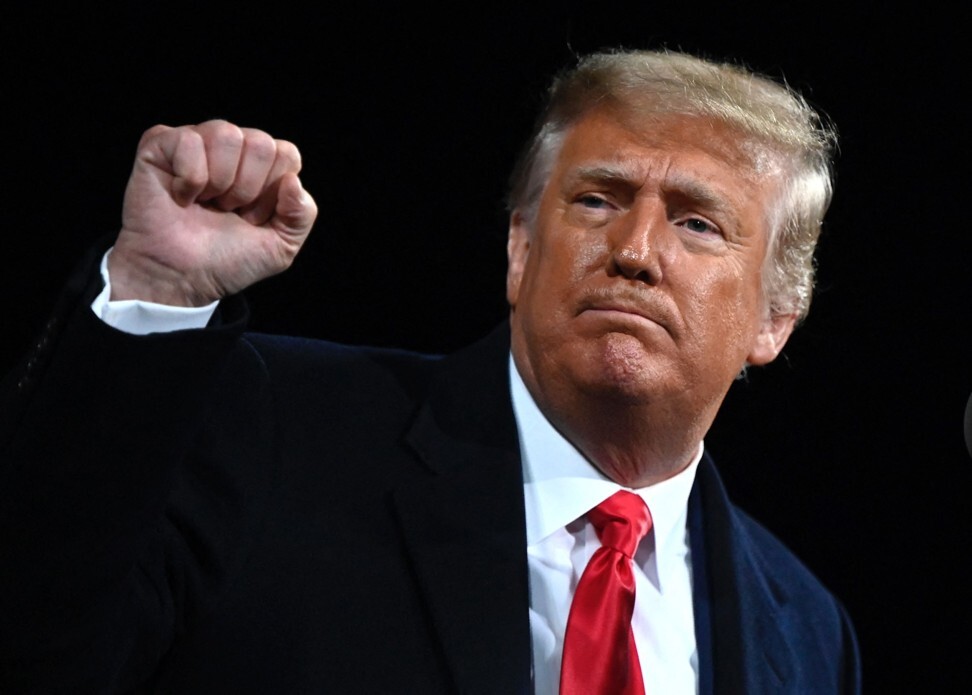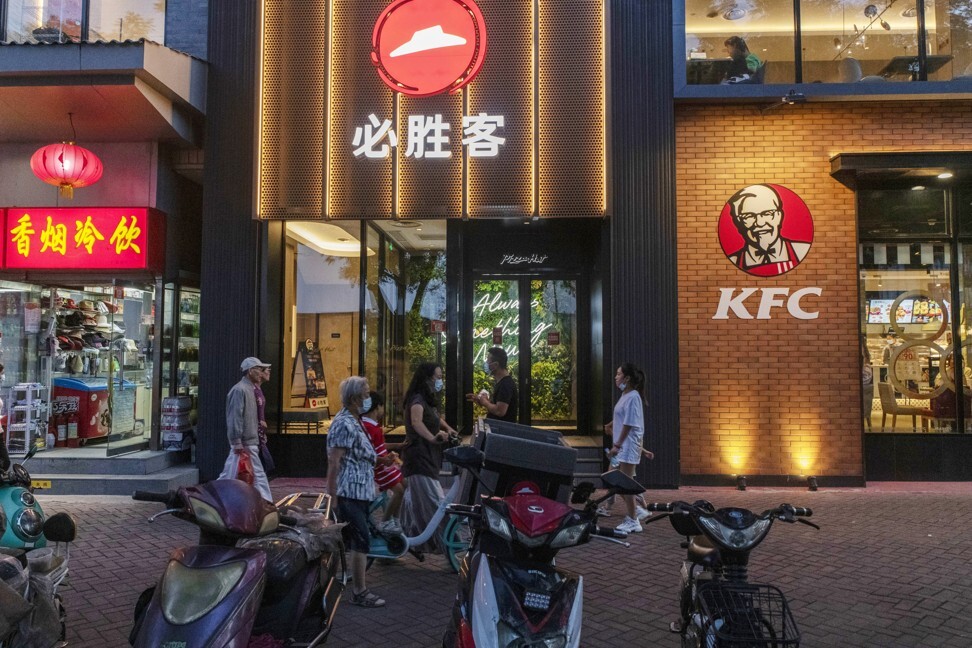
US ratchets up pressure on Chinese firms to share audits as failure to comply could lead to delistings from American bourses
- Public Company Accounting Oversight Board announces rule to comply with Holding Foreign Companies Accountable Act
- Chinese firms could face delisting in 2024 if they fail to provide access to their audits after Trump-era law passed last year
The Public Company Accounting Oversight Board (PCAOB) said on Thursday that the rule change would provide a framework to determine whether local authorities inhibited its inspections of foreign accounting firms that audit US issuers. The public has until July 12 to comment on the proposed rule.

02:23
Gloves off at top-level US-China summit in Alaska with on-camera sparring
Following the collapse of Enron, public companies listed in the US have been required to submit their audits for review under the Sarbanes Oxley Act, which was passed in 2002.
While Chinese accounting rules have moved closer to international accounting standards in recent years, there remain key differences in US generally accepted accounting principles (GAAP) and Chinese accounting rules, such as valuation of certain assets.

Beijing previously denied permission for PCAOB to review the audits of US-listed mainland firms on national security grounds.
The PCAOB said more than 200 accounting firms from about 40 foreign jurisdictions are currently subject to inspection because they audit US-listed companies. It can conduct inspections of audit papers in all of those jurisdictions, except those related to Chinese firms and the Chinese operations of Hong Kong companies, the oversight board said.
A group of Chinese law professors, including professors from Peking University Law School, Tsinghua University Law School and the Institute of Law at the Chinese Academy of Social Sciences, said this month that the law is “obviously aimed” at Chinese companies, rather than foreign companies in general, and includes the “extremely unusual” requirement that companies disclose directors and executives who are members of the Chinese Communist Party.

“Such requirement clearly contradicts the market-based principles of US capital markets and the professionalism of US financial regulation, which reflects an inappropriate inclination to overpoliticise securities regulation,” the professors said in a May 3 letter to the SEC.
Yum China Holdings, the operator of KFC and Pizza Hut in the mainland, said the law could force it to delist and trigger a large amount of its capital stock to move out of the US.
The shares of several big technology companies with dual listings in both the US and in Hong Kong also fell sharply in early trading in the city on Friday following the PCAOB announcement.
American investors, including pension funds and university endowments, have until November 11 of this year to fully divest their holdings in any designated Chinese military companies following the executive order.
The heightened scrutiny of Chinese firms by the US, has done little to discourage companies from continuing to seek US listings.
As of May 5, there were 248 Chinese companies listed on major US exchanges, an increase from 217 in October. During that time, 17 Chinese were delisted from American bourses.

